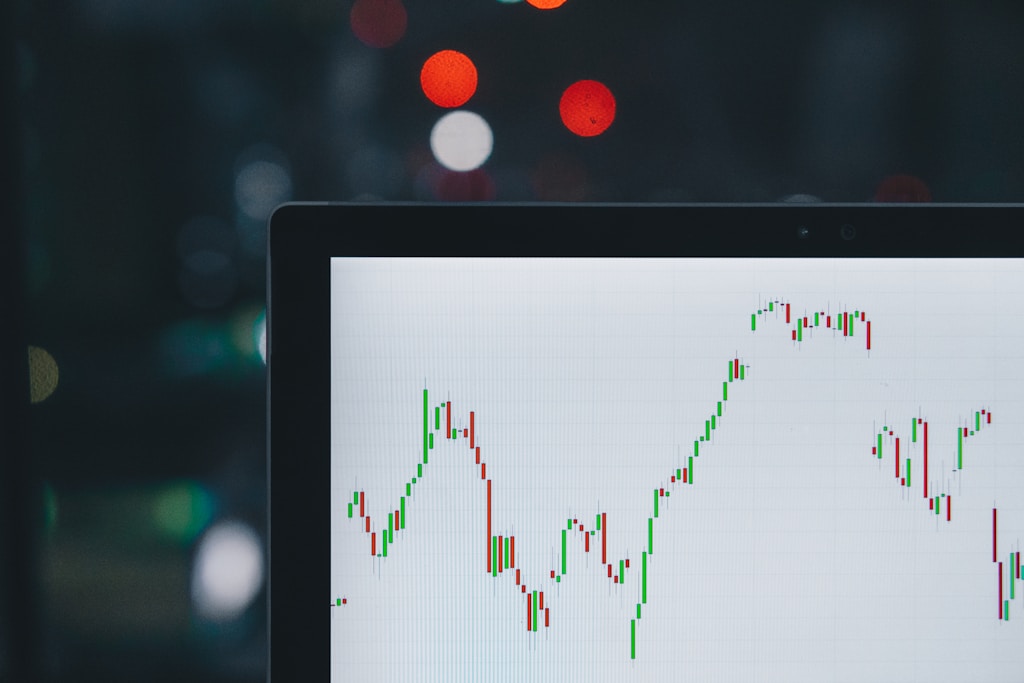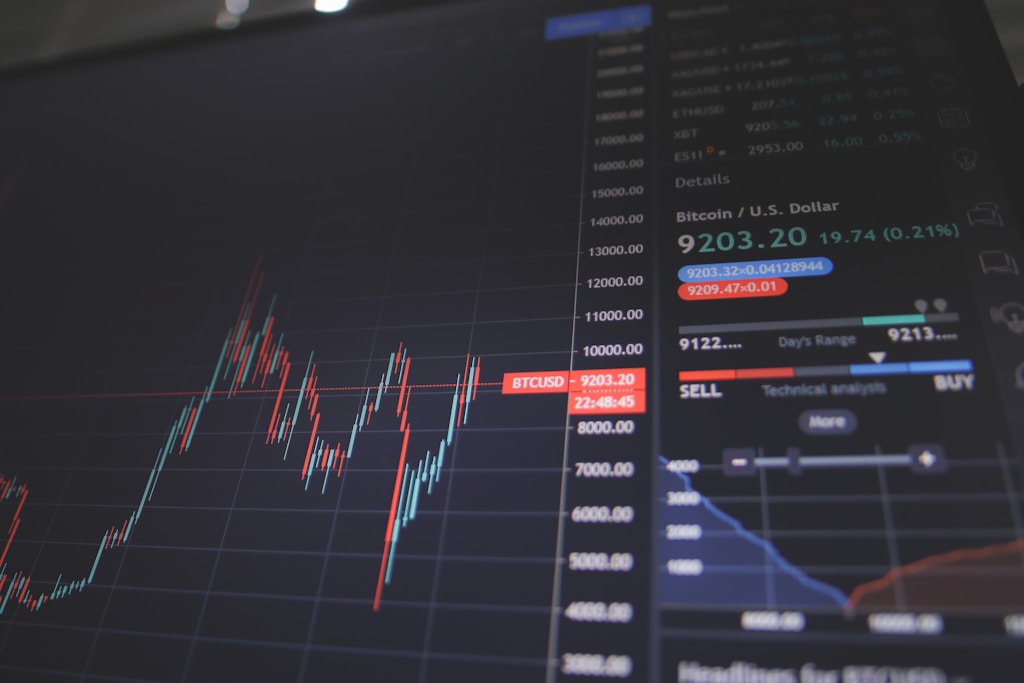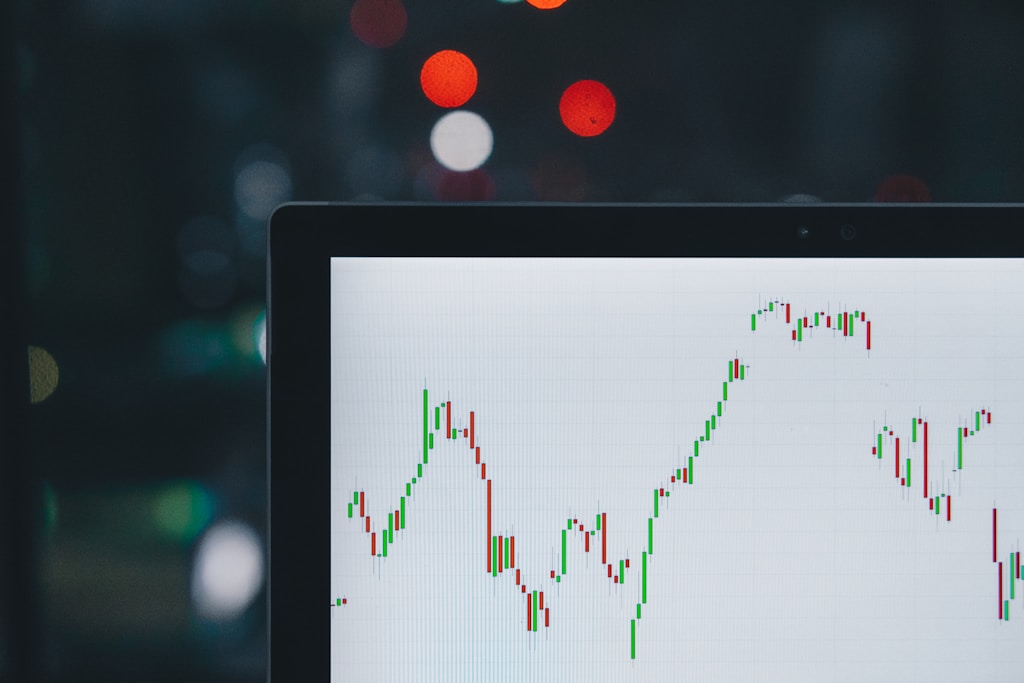In a significant development for institutional crypto adoption, the Moscow Exchange (MOEX) has officially launched Bitcoin futures trading for qualified investors on June 4th, 2025. This strategic move aligns with Russia’s ongoing de-dollarization efforts, marking a pivotal shift in the country’s approach to digital assets.
Key Details of the Moscow Exchange Bitcoin Futures
- Cash-settled in Russian rubles
- Tied to iShares Bitcoin Trust ETF (IBIT)
- Each IBIT share represents 0.00068 BTC
- First contracts expire in September 2025
- Denominated in USD but settled in rubles
Regulatory Framework and Market Impact
This launch follows the Russian central bank’s May 2025 decision to permit crypto-linked securities and derivatives for qualified investors. The move represents a significant shift in Russia’s crypto regulatory stance, though direct Bitcoin ownership remains restricted in the traditional finance sector.
Institutional Adoption and Future Outlook
Sberbank, Russia’s largest bank, has also announced plans to launch its own Bitcoin-tracking exchange-traded notes, indicating growing institutional interest in crypto exposure. This development comes as Bitcoin tests critical price levels around $107,000, suggesting potential market expansion.
FAQ About Moscow Exchange Bitcoin Futures
Who can trade these futures?
Only qualified investors meeting specific criteria set by Russian financial regulations can trade these futures contracts.
How are the futures settled?
The contracts are cash-settled in Russian rubles, though they track Bitcoin prices in USD.
What’s the significance for global crypto markets?
This launch represents growing institutional acceptance of crypto derivatives and could influence other major exchanges to follow suit.
Market Implications and Trading Considerations
The introduction of Bitcoin futures on MOEX could significantly impact global crypto market dynamics, particularly as it relates to institutional adoption and regulatory frameworks in emerging markets.





